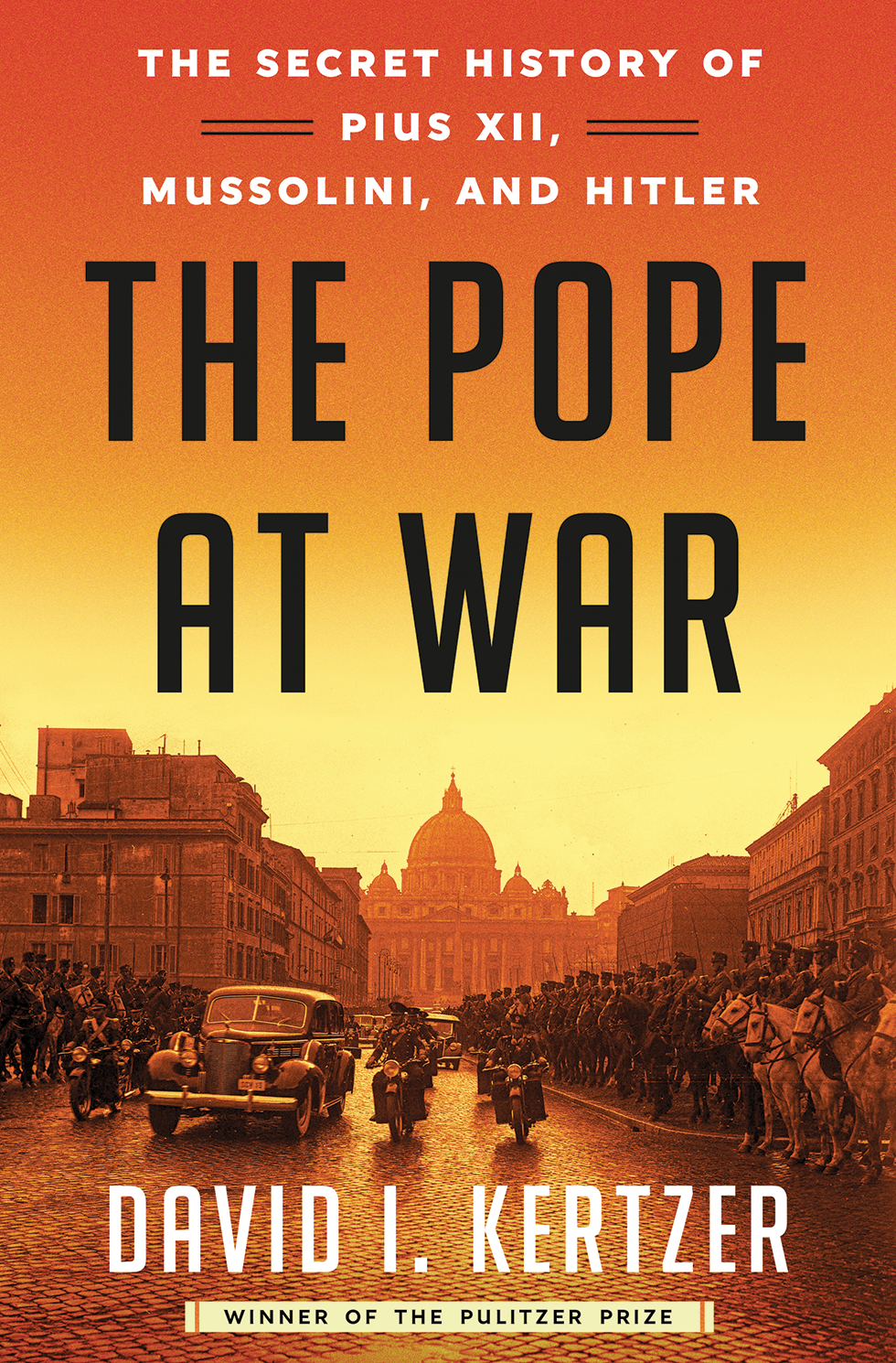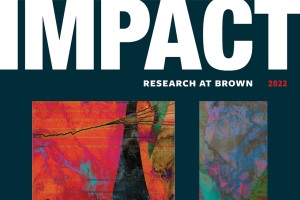PROVIDENCE, R.I. [Brown University] — Academics who study church-state relations in Italy often fall into two camps, according to David Kertzer, a Brown professor of social science and a preeminent expert on the history of Vatican relations with Italian politics. The first camp — the church historians — pore over archives from the Roman Catholic church and tend not to work in civil archives. Secular historians, by contrast, conduct their research in state archives through a more distinctly political lens.
Kertzer’s research sits at the intersection of the two. The overlapping space in the Venn diagram of church history and secular history is a site of rich and nuanced analysis. And the two are inextricable, he says. The decision-making of church actors — namely, the pope and his clergy — can’t be fully understood without consideration of their relationship to and communications with state actors. Kertzer and his research team have most recently delved into the controversial question of Pius XII during World War II, specifically tackling his failure to publicly condemn the Holocaust, a decision drawing widespread criticism.
 “My task is triangulating documents from different archives around the same events, the same dates, to better understand what actually is going on,” Kertzer said. “Whereas if you just base your work on, say, church archives or just base it on a set of state archives, you tend to get a limited, blinkered view.”
“My task is triangulating documents from different archives around the same events, the same dates, to better understand what actually is going on,” Kertzer said. “Whereas if you just base your work on, say, church archives or just base it on a set of state archives, you tend to get a limited, blinkered view.”
His research relies heavily on the long-awaited and eagerly anticipated opening of the papal archives for Pius XII, which contain thousands upon thousands of newly unsealed documents chronicling the pope's communications with stakeholders inside and outside of the church. Kertzer, winner of the 2015 Pulitzer Prize for his book "The Pope and Mussolini: The Secret History of Pius XI and the Rise of Fascism in Europe," was one of the few scholars present in those archives the first day they were open in March 2020, before they closed in response to Italy’s COVID-19 lockdown. The archives have since reopened with limited visitation.
The barrier to securing access to documents, for many researchers, is the cost of copying them, which can be as much as $10 per page. Enabled by a generous research fund from Brown, Kertzer has secured over 7,000 pages of archival documents. “I’m not aware of any scholar who has been able to obtain nearly as much material from those archives,” he said.
The findings, Kertzer says, are “explosive” — though he can’t share them publicly until the release of his book, "The Pope at War.' [Editor's Note: This IMPACT magazine story was written before the book was published in June by Random House in the United States — it will be published by Garzanti in October in Italy.]
